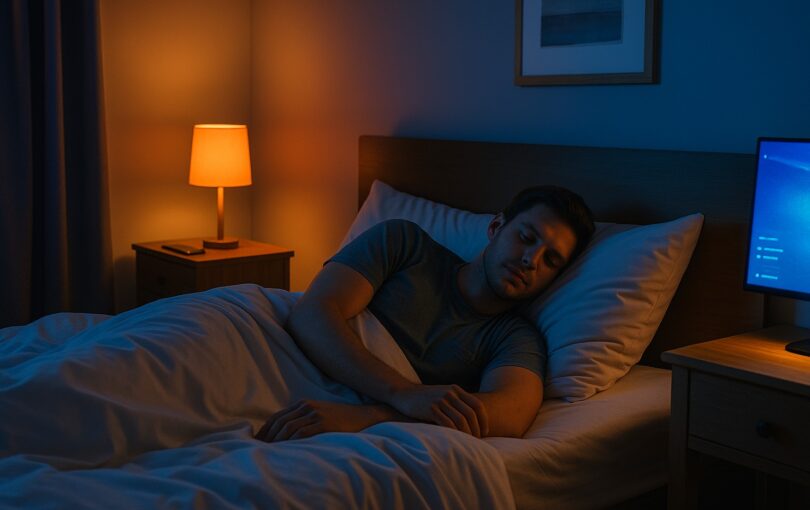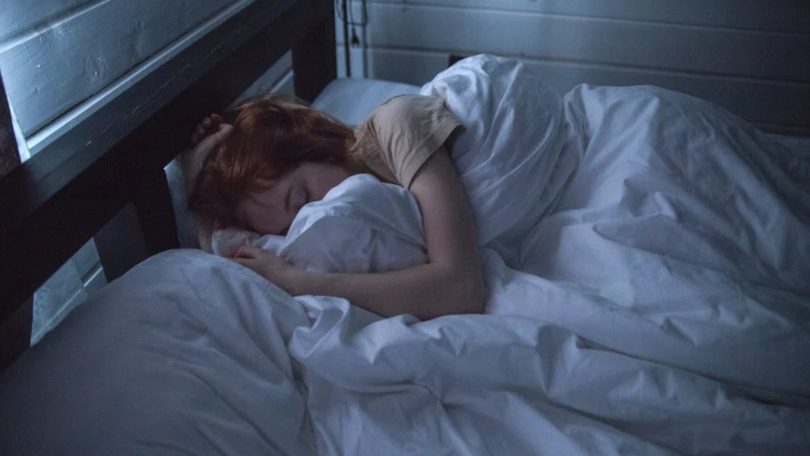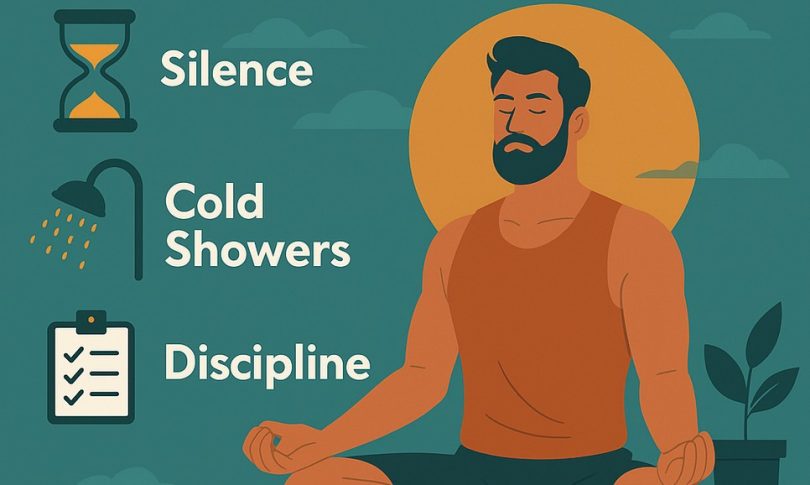Struggling to get a good night’s sleep? You’re not alone. Millions of people across the world are trying to figure out how to sleep better at night. Quality sleep is essential for both physical and mental well-being, but many of us find it challenging to achieve restful, consistent sleep. Fortunately, by making simple adjustments to your habits and environment, you can improve your sleep significantly.
Table of Contents
- What Causes Poor Sleep at Night?
- How to Create the Perfect Sleep Environment
- What to Do During the Day to Sleep Better at Night
- Best Bedtime Routine for Sleeping Better at Night
- How Sleep Hygiene Affects Your Sleep Quality
Key Takeaways
- Identify the root causes of your sleep issues.
- Adjust your bedroom to create a more sleep-friendly environment.
- Develop healthy daytime habits like regular exercise and stress management.
- Follow a consistent bedtime routine to prepare your body for sleep.
- Focus on improving your sleep hygiene for lasting results.
What Causes Poor Sleep at Night?
Understanding why you’re not getting enough sleep is the first step to improving it. Several factors can contribute to poor sleep quality:
Why Can’t You Sleep at Night?
Many people have trouble sleeping at night due to stress, anxiety, or an irregular sleep schedule. When you’re overwhelmed by daily tasks or future worries, it becomes difficult to relax and unwind at night. In other cases, your body’s internal clock (circadian rhythm) may be off balance, making it hard to fall asleep when you need to.
Common Causes of Bad Sleep Habits
- Inconsistent bedtime
- Late-night meals
- Excessive screen time
- High caffeine intake
Understanding Sleep Disorders and Their Effects
It’s important to rule out any potential sleep disorders if you’re consistently having trouble sleeping. Conditions like insomnia and sleep apnea are common culprits.
| Sleep Disorder | Symptoms | Effect on Sleep |
|---|---|---|
| Insomnia | Difficulty falling or staying asleep | Causes prolonged wakefulness |
| Sleep Apnea | Interrupted breathing during sleep | Leads to fragmented sleep |
How to Create the Perfect Sleep Environment
Your sleep environment plays a key role in how well you sleep at night. By making your bedroom more conducive to sleep, you can create a calming space that promotes relaxation.
How to Make Your Bedroom More Conducive for Sleep at Night
Start by evaluating your room. Is it too noisy? Is the temperature uncomfortable? Simple changes can make a big difference.
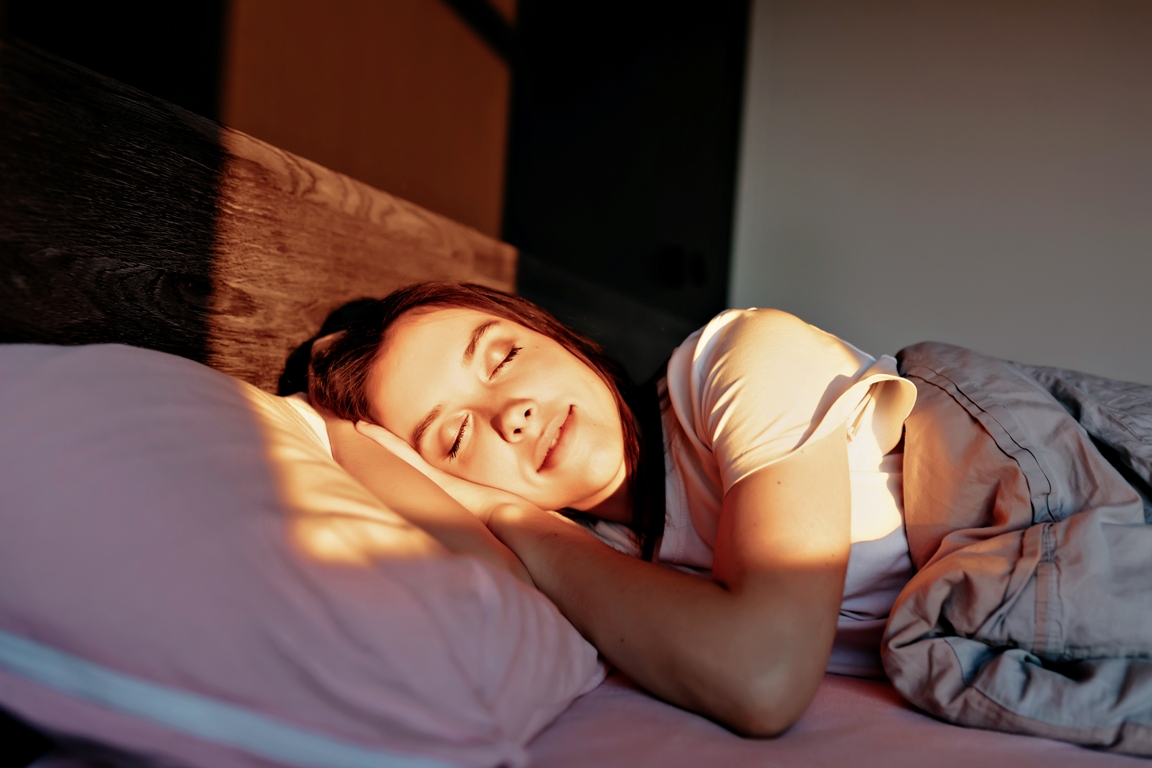
Best Temperature for Sleeping Better at Night
The ideal room temperature for sleeping is between 60-67°F (15-19°C). Cooler temperatures help your body naturally prepare for sleep, making it easier to fall asleep and stay asleep.
How to Choose the Right Mattress and Pillows for Better Sleep
A comfortable mattress and supportive pillows are essential for getting quality sleep. Choose a mattress that suits your sleep style, whether you prefer something firm or soft.
What to Do During the Day to Sleep Better at Night
What you do during the day affects how well you sleep at night. Your daily habits, from what you eat to how you manage stress, can have a significant impact on your ability to sleep.
How Exercise Can Help You Sleep Better at Night
Exercise is one of the most effective ways to improve your sleep. Regular physical activity helps regulate your body’s internal clock, making it easier to fall asleep at night. However, avoid exercising too close to bedtime, as it can leave you feeling energized.
How a Healthy Diet Supports Better Sleep
Eating a balanced diet during the day can help regulate your sleep. Avoid heavy meals, caffeine, and sugar late in the day, as these can make it harder to fall asleep.

How to Manage Stress During the Day to Improve Sleep at Night
Stress is a common barrier to sleep. Incorporating relaxation techniques like deep breathing, meditation, or yoga during the day can help lower stress levels, making it easier to sleep better at night.
Best Bedtime Routine for Sleeping Better at Night
A consistent bedtime routine can signal to your body that it’s time to wind down, helping you fall asleep more easily. Here’s how to create an effective routine:
How to Wind Down for a Good Night’s Sleep
Start by creating a relaxing pre-sleep routine that doesn’t involve screens or work-related activities. Read a book, take a warm bath, or practice mindfulness techniques to help your body relax.
Why a Consistent Sleep Schedule Helps You Sleep Better
Going to bed and waking up at the same time each day, even on weekends, helps regulate your body’s sleep-wake cycle. Over time, this consistency will help you fall asleep faster and wake up feeling more refreshed.
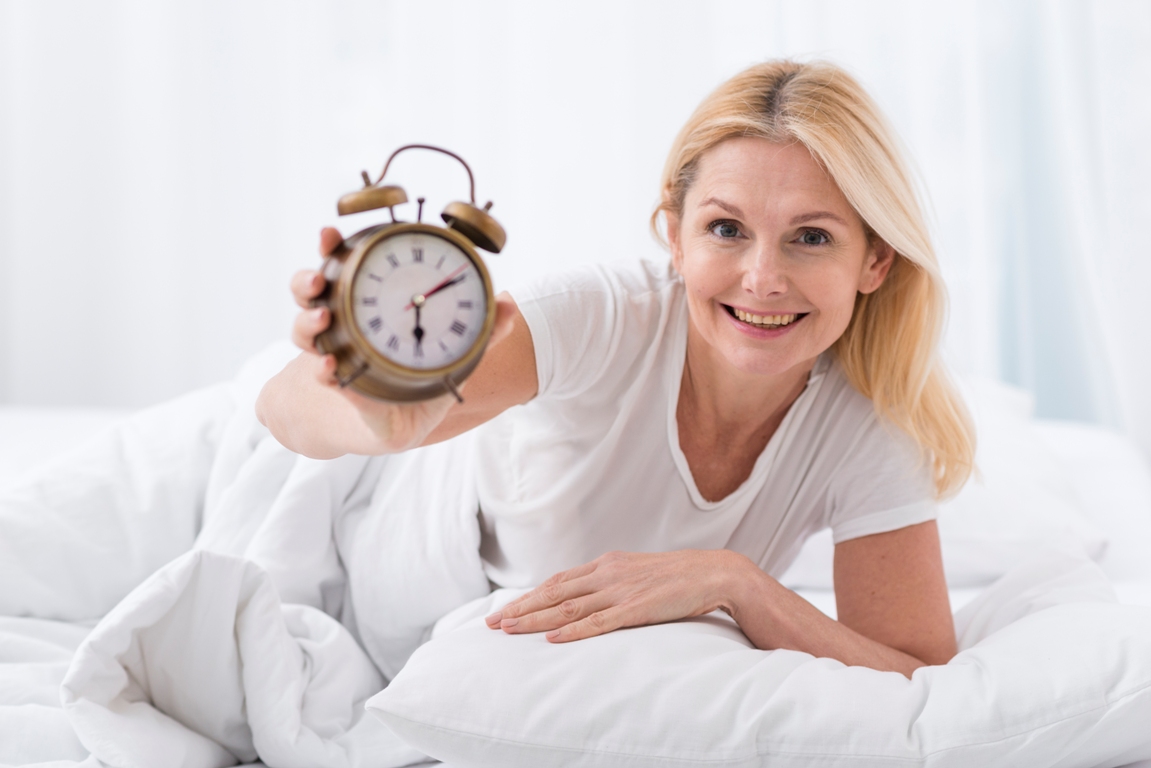
Best Relaxation Techniques Before Bed for Better Sleep
Some popular relaxation techniques to try before bed include progressive muscle relaxation, deep breathing, and guided meditation. These methods help to calm both your body and mind, preparing you for restful sleep.
How to Avoid Caffeine and Screen Time for Improved Sleep
Avoid consuming caffeine in the late afternoon and evening, as it can stay in your system for several hours. Likewise, try to limit your screen time—whether it’s your phone, computer, or TV—at least an hour before bed, as blue light can interfere with your sleep cycle.
How Sleep Hygiene Affects Your Sleep Quality
Good sleep hygiene is all about creating habits that help you sleep better at night consistently. When you follow a structured sleep routine and adopt habits that promote better sleep, your body starts to associate those activities with rest, helping you fall asleep more easily.
What is Sleep Hygiene and How Does It Help You Sleep Better at Night?
Sleep hygiene refers to the practices and habits you engage in that help improve the quality of your sleep. This includes everything from keeping a consistent bedtime schedule to ensuring your sleep environment is comfortable and free from distractions.
How to Build a Sleep Hygiene Routine for Better Sleep
Here’s how to establish better sleep hygiene:
- Stick to a consistent sleep schedule.
- Avoid naps during the day if they interfere with nighttime sleep.
- Engage in relaxing activities before bed like reading or meditating.
| Sleep Hygiene Tip | Benefit for Sleep |
|---|---|
| Go to bed and wake up at the same time every day | Helps regulate your body’s internal clock |
| Avoid screens 1 hour before bed | Prevents blue light from disrupting your sleep cycle |
Natural Remedies to Sleep Better at Night
If you’re looking for ways to improve your sleep without medication, natural remedies can be highly effective. From herbal teas to mindfulness practices, many people find relief through non-pharmaceutical approaches.
How Herbal Supplements Can Improve Your Sleep at Night
Certain herbs and supplements are known for their calming effects and can help you fall asleep faster. Popular options include:
- Valerian Root – A natural sedative that promotes relaxation.
- Chamomile Tea – Known for its mild sedative properties, drinking chamomile before bed can calm the mind.
- Melatonin – A hormone supplement that regulates sleep cycles, often helpful for those with irregular schedules.
How Meditation and Breathing Techniques Help You Sleep Better at Night
Meditation is a powerful tool for promoting relaxation and improving sleep. By calming the mind and releasing tension, you can ease into a more restful state.

Best Meditation Techniques for Better Sleep at Night
- Guided Meditation – Listening to a calming voice guiding you through relaxation exercises.
- Progressive Muscle Relaxation – Gradually tensing and then relaxing different muscle groups to release physical tension.
How Deep Breathing Can Help You Sleep at Night
Deep breathing exercises, such as the 4-7-8 technique, help to slow your heart rate and trigger your body’s relaxation response. Here’s how to do it:
- Inhale quietly through your nose for a count of 4.
- Hold your breath for a count of 7.
- Exhale completely through your mouth for a count of 8.
When to Seek Help for Sleep Problems
Sometimes, despite trying various remedies, sleep issues persist. If this is the case for you, it might be time to consult a healthcare professional to understand what’s causing your poor sleep.
How to Know When You Need Professional Help to Sleep Better at Night
If you experience any of the following, it’s a good idea to speak with a doctor:
- Frequent trouble falling asleep.
- Waking up multiple times during the night.
- Feeling tired even after a full night’s sleep.
What Sleep Clinics Can Do to Improve Your Sleep at Night
Sleep clinics offer specialized services, such as overnight studies, to diagnose and treat sleep disorders like sleep apnea and restless leg syndrome.
How to Get a Sleep Study Done and What It Can Reveal
A sleep study can monitor your breathing, heart rate, and brain activity during sleep to identify underlying issues that may be impacting your rest.
Common Myths About How to Sleep Better at Night
There are several myths surrounding sleep that can confuse those looking to improve their sleep habits. Let’s clear up some common misconceptions:
Debunking Myths: Does Drinking Alcohol Help You Sleep?
While alcohol may make you feel drowsy, it actually disrupts your sleep cycle and prevents you from getting deep, restorative sleep.
How Power Naps Affect Your Sleep at Night
Power naps can be beneficial during the day, but if taken too late in the afternoon, they may interfere with your ability to fall asleep at night.

Frequently Asked Questions
What is the best position to sleep in for better sleep at night?
Sleeping on your back or side is generally considered the best position for promoting good sleep. These positions help align your spine and reduce discomfort that might wake you up during the night.
How many hours of sleep should you get for better sleep at night?
Adults typically need 7-9 hours of sleep per night for optimal health. However, the exact number can vary depending on the individual and their lifestyle.
Does exercise help you sleep better at night?
Yes, regular physical activity can improve the quality of your sleep by regulating your body’s internal clock. Just avoid exercising too close to bedtime.
How can I train myself to sleep better at night?
Start by sticking to a regular sleep schedule, creating a relaxing bedtime routine, and ensuring your sleep environment is comfortable and free from distractions.


